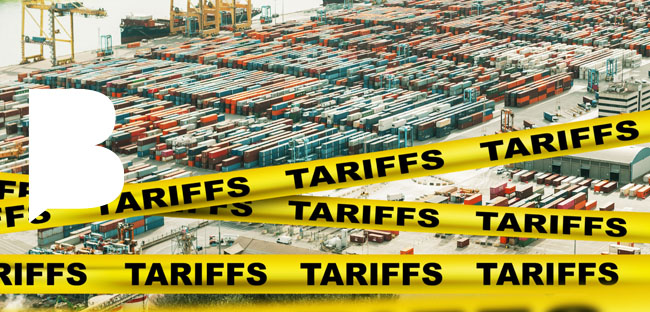Google’s AI Mode for Search, initially launched in March as an experimental Labs feature, is now being rolled out to all users in the US.
Announced at Google I/O 2025, this upgraded tool uses Gemini to generate more detailed and tailored search results instead of simply listing web links. Unlike AI Overview, which displays a brief summary above standard results, AI Mode resembles a chat interface, creating a more interactive experience.
Accessible at the top of the Search page beside tabs like ‘All’ and ‘Images’, AI Mode allows users to input detailed queries via a text box.
Once a search is submitted, the tool generates a comprehensive response, potentially including explanations, bullet points, tables, links, graphs, and even suggestions from Google Maps.
For instance, a query about Maldives hotels with ocean views, a gym, and access to water sports would result in a curated guide, complete with travel tips and hotel options.
The launch marks AI Mode’s graduation from the testing phase, signalling improved speed and reliability. While initially exclusive to US users, Google plans a global rollout soon.
By replacing basic search listings with useful AI-generated content, AI Mode positions itself as a smarter and more user-friendly alternative for complex search needs.
Would you like to learn more about AI, tech and digital diplomacy? If so, ask our Diplo chatbot!










